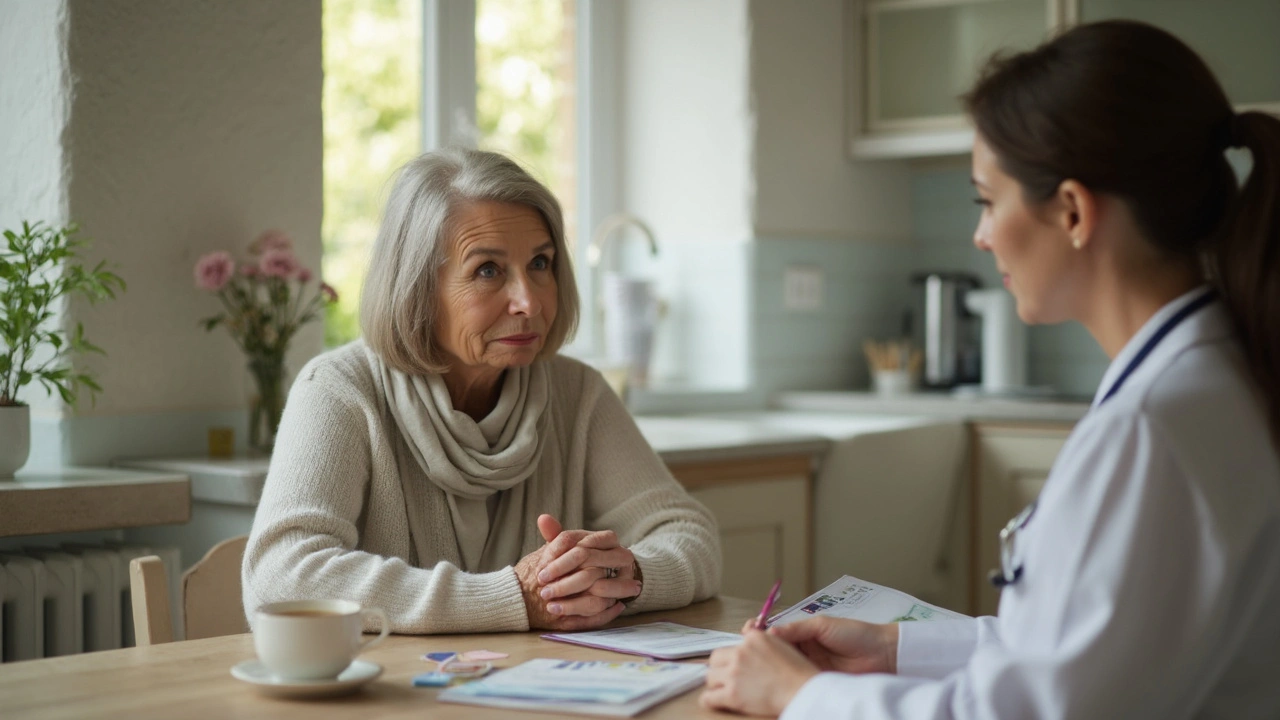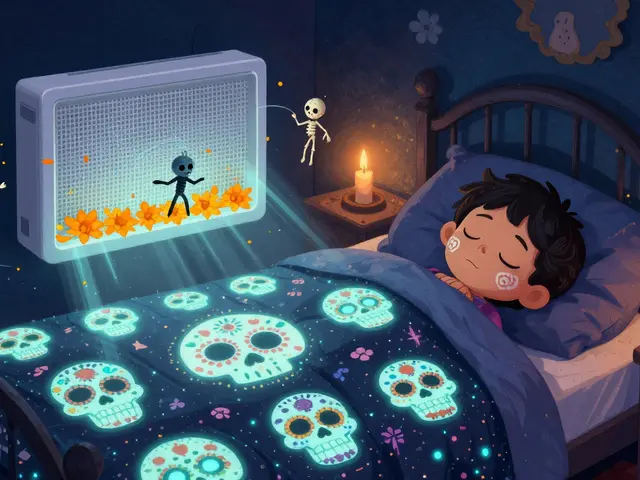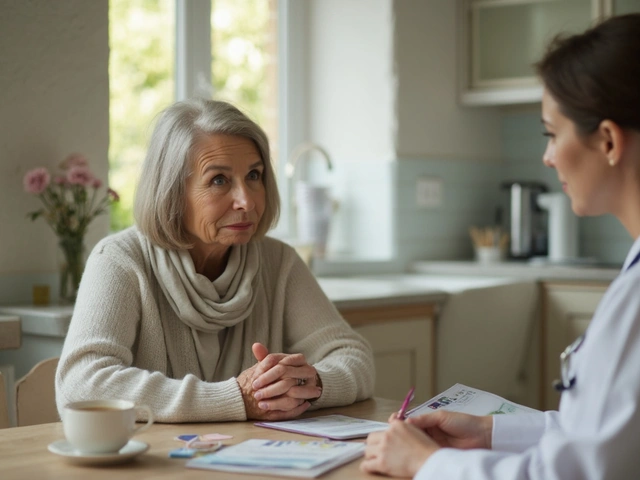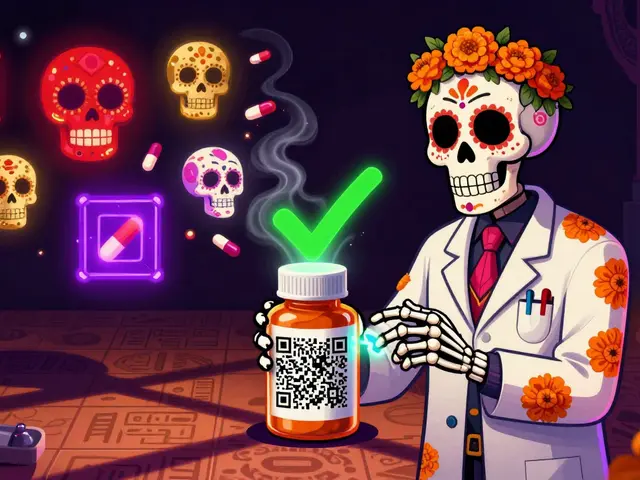Menopause symptoms are different for everyone
Some women barely notice changes. Others face hot flashes, sleep loss, mood swings, and vaginal dryness that get in the way of daily life. Knowing which symptoms are common, how long they last, and what helps can make this stage easier.
Most people start perimenopause in their 40s, but it can begin earlier. Perimenopause is the transition before periods stop. Periods become irregular, lighter or heavier.
Hot flashes and night sweats often start here
They can feel like sudden heat, flushing, fast heartbeat, and sweating. They can last from 30 seconds to several minutes and happen a few times a week to many times a day.
Sleep problems are common. Night sweats wake you, and trouble falling back asleep makes you tired the next day. Try cooling the bedroom, use breathable sheets, and avoid heavy meals or caffeine before bed. Short naps help, but keep them under 30 minutes.
Vaginal dryness and urinary changes are often missed in conversations. Less estrogen thins vaginal tissue, causing dryness, pain during sex, itching, or more frequent urinary infections. Lubricants and vaginal moisturizers relieve dryness. If pain persists, a short talk with your doctor about local estrogen therapy can be useful.
Mood swings, anxiety, or low mood can show up. Hormonal shifts play a role, but so do sleep loss and life stress. Therapy, regular exercise, and simple routines that stabilize sleep and meals help mood a lot. If mood changes are severe or you have thoughts of harming yourself, seek help right away.
Cognitive complaints are mostly mild: forgetfulness, trouble concentrating. Stress and poor sleep usually make this worse. Use lists, set reminders, and break tasks into smaller steps. These tricks work better than worrying you'll lose your mind.
Bone and heart health change after menopause. Bone density drops faster without estrogen, so weight-bearing exercise, Vitamin D, and calcium matter. Talk to your doctor about a bone density test and heart risk checks, especially if you have high blood pressure, high cholesterol, or a family history.
Many options ease symptoms
Lifestyle changes—quit smoking, cut alcohol, eat balanced meals, and move daily—help more than you might expect. Non-hormonal meds can reduce hot flashes and help mood. Hormone therapy is the most effective for hot flashes and vaginal symptoms, but it's not right for everyone. Discuss risks and benefits with your clinician.
When should you see a doctor? If symptoms affect daily life, sleep, relationships, or mental health, get medical advice. Also see a doctor for heavy bleeding, severe pelvic pain, or any new lump or unusual discharge.
Menopause is a phase, not an illness. With the right tools and support, most people find relief and regain balance. Try small changes first, track what helps, and ask for medical options when needed.
Join a support group, either online or local. Sharing tips helps. Keep annual checkups, update vaccines, and consider talking to a menopause specialist if symptoms persist. You deserve care that fits your life and ask about bone-protection options.

Premarin is a well-known hormone replacement therapy used to manage menopause symptoms. This article explores how Premarin works, who can benefit from it, common side effects, and non-hormonal alternatives available today. You'll find practical advice, fascinating facts, and tips for talking to your doctor about hormone medicines. Learn what recent studies and real patients have experienced with Premarin and HRT.
Chris Gore Jun 13, 2025




